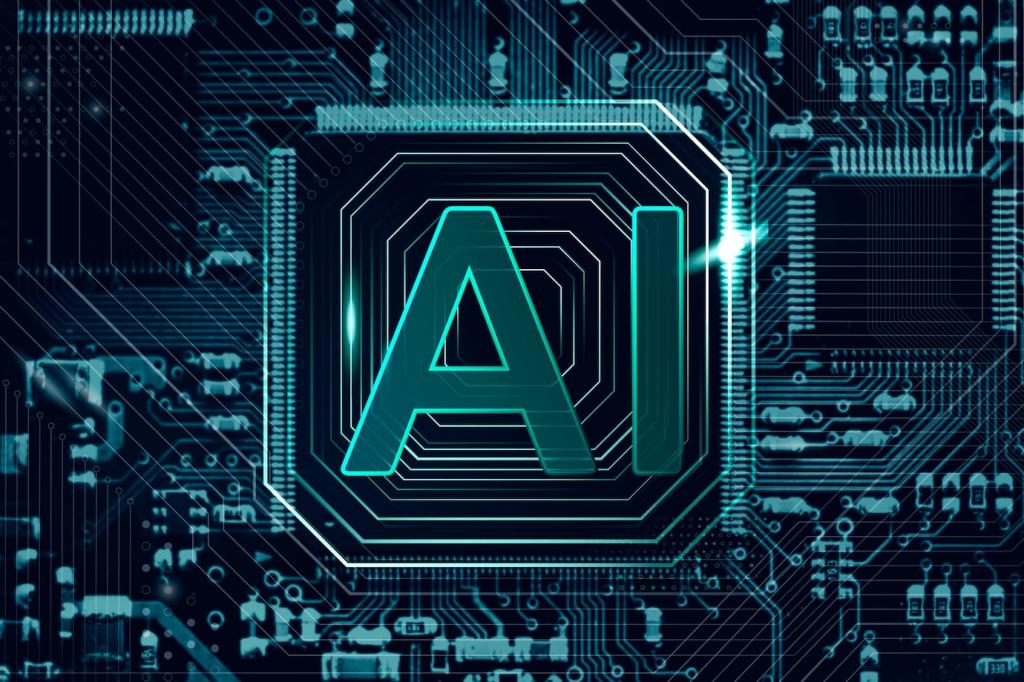This website uses cookies so that we can provide you with the best user experience possible. Cookie information is stored in your browser and performs functions such as recognising you when you return to our website and helping our team to understand which sections of the website you find most interesting and useful.
The Impact of Artificial Intelligence on Real Estate Valuations
Artificial Intelligence (AI) is transforming industries across the globe, and real estate is no exception. Leveraging advanced algorithms, data analytics, and machine learning, AI is redefining how properties are valued, analyzed, and transacted. This technological revolution promises greater accuracy, efficiency, and transparency in the valuation process. Real estate professionals and property owners alike are encountering new opportunities and challenges as AI applications become more prevalent. In this comprehensive overview, we will delve into the multifaceted impact of AI on real estate valuations, exploring automation, data integration, market prediction, bias mitigation, regulatory considerations, impacts on professional roles, investment decision-making, and the future outlook.
Automation and Speed in Property Valuations
Streamlining Data Collection
Real-Time Appraisal Generation
Error Reduction and Consistency
Integration of Big Data and Diverse Data Sources
Incorporating Non-Traditional Data
Cross-Referencing Multiple Datasets
Dynamic Updates and Responsive Values
Identifying Price Fluctuation Patterns
Micro-Market Analytics
Scenario Simulation and Risk Modeling


Emphasis on Analytical and Interpretive Skills
Collaborative Human-AI Workflows
Opportunities for Upskilling and Career Growth
Influence on Investment and Lending Decisions

Enabling Data-Informed Investment Strategies

Streamlining Mortgage and Loan Approvals

Risk Management and Portfolio Optimization


